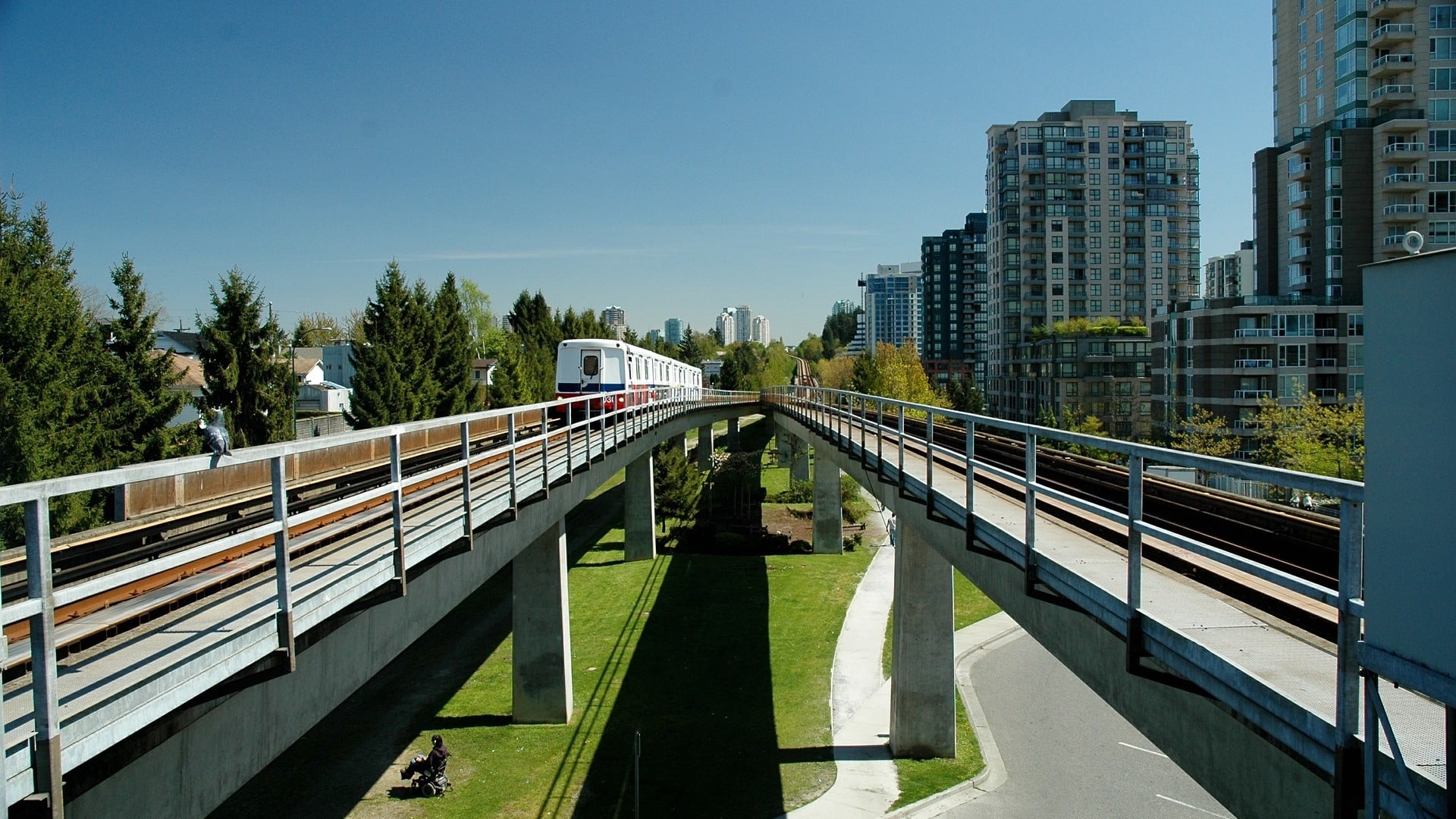For most of Canada snow is a common winter occurrence. But, for the south coast of British Columbia snow causes paralysis.
So, when the Sunday afternoon snowfall blanketed my backyard, there were mixed emotions in the Olsen household.
The kids spent the entire afternoon and late into the evening engaging in a massive snowball fight. I, on the other hand, worried that I would not get to my first meeting of the Select Standing Committee on Crown Corporations.
The irony is not lost on me that on our first day of deliberations, I turn to BC Transit to give me a ride to Legislature to debate ride-hailing.
Indeed, many of the expert witnesses warned us to be wary of the disruption ride-hailing causes transit services.
There are plenty of reports, complete with pie charts and bar graphs, offering up arguments warning me and my colleagues to proceed with caution.
So, I went to bed early, really early. And, I woke up early, 4am early.
I was nervous that as the only member of the committee who lives in the Capital Region, I was also going to be the only member of the Committee not at the table for the start of deliberations.
The bus showed up, right on time.
What about ride-hailing and transit? Congestion? Taxi licenses? Wages and working conditions? Business competition? Fair access to the market? Level playing field?
None of these are concerns that kept the disruptive gig economy out of British Columbia. That’s the accomplishment of political parties counting votes. But, as we complete our task of developing recommendations on regulations, they are all important considerations to balance.
Appropriate regulations in a competitive marketplace
There should be no paralysis though. We should go about our task with the understanding that despite each of those challenges, we can develop policy that regulates the disruption and creates a competitive marketplace, without locking it out.
Transit is a critical service. Not only for the abnormal snow day on the south coast, but for thousands of British Columbians for whom the public transportation service actually levels the playing field.
Ridership will not increase by playing defensively. It will increase when government shows British Columbians the commitment through investments in a convenient, reliable transit network.
Finally, we cannot talk our way to an improved system, it requires action. And, if we make transit a priority, and develop policy that ensures ride-hailing is part of an efficient transportation network rather than a political hot potato then we will be doing our jobs.


Thanks for these continuing conversations.
Here is an example from past that was efficient, user pay, reduced vehicle traffic and emissions.
When I began working in forestry many years ago every company had a system/service of picking up workers at doorstep everyday. They wanted workers on the job, on time and without a hundred car driving thru community or job sites. In general 15 -10 passenger vehicles replaced 100 private vehicles.
Some companies still do this and others could be encouraged as part of unravelling transit delemia.
Companies/organization of over 100 employees ie., legislature, hotels, naval yards, etc. could/should have pick up areas and pick up routes. Seniority or person farthest out route is paid to drive pick up van. This is more than car pooling but intentional program by companies/organizations to reduce traffic.
This idea may have limited scope and does not help resolve ride hailing, but as one more effort to find multiple opportunities to reduce traffic and carbon emissions without being tax payer funded I would encourage we open the transit door discussion wider.
Love this idea Bill. Thank you for sharing. It makes a whole bunch of sense!
Adam;
I really wonder what your take is on the BC Budget’s investments in BC Transit. Frankly when the Victoria Regional Transit System has buses dating from 2001 built in Britain, and New Flyers from the late 1990s there’s a problem there as you can see in the Canadian Wiki Transit Database: https://cptdb.ca/wiki/index.php/Victoria_Regional_Transit_System . I hope in Budget Estimates you will demand the BCNDP do better, and if they cannot… “Turf Trevena” and create a Minister of Public Transportation to govern TransLink, BC Transit & BC Ferries to get serious about supporting public transit, renewing the fleet and championing electric buses. Obviously only “Bad A** Bowinn” Ma need apply for the new ministry ;-).
Underwhelmed!